Speak to one of our experts now about this offer
Call our Africa experts on0800 294 9706
Available until open until 8pm
Cosmopolitan pre-safari city and national park
Nairobi is an ever-moving tangle of urban life and the launching pad for most Kenyan adventures. From its roots as a 19th-century colonial depot on the Mombasa to Uganda railway, Nairobi has emerged as East Africa’s largest metropolis. A beacon of modern progress, glassy skyscrapers home to Fortune 500 companies pierce the horizon amid the constant roar of traffic and beeping matatus, the city’s army of shared minibus taxis. Delve deeper and you’ll discover overflowing flea markets, historic marvels like the colonial home-turned-museum that belonged to Out of Africa author Karen Blixen and rooftop bars where you can sip icy Tusker beer and watch the sun go down.
Venture just outside of the Kenyan capital and you’ll find sharp contrasts, from the corrugated-topped shanty town Kibera, home to over a million people, to the open plains of Nairobi National Park. Here, you can spot four of the big five African animals set against a backdrop of the spiky skyline, where planes periodically swoop in for landing. On the park’s outskirts, orphaned elephants and black rhinos find sanctuary in Sheldrick Wildlife Trust nurseries, while at the Giraffe Centre, guests can feed the giraffes grass pellets at the feeding station and learn about giraffe conservation.
Get to grips with Kenya’s vibrant capital with help from our Africa team, who can arrange the best Nairobi hotel stays and tour experiences with a local guide.
Nairobi Hotels
Our recommendations for the best places to stay in Nairobi
Holidays in Nairobi
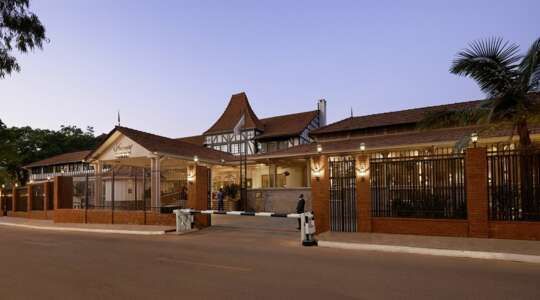
- Nairobi
- 5 Star
Dating back to 1904, this secluded gem in the heart of Nairobi has remained a celebrated landmark.

- Nairobi
- 5 Star
This plantation-style property offers an exclusive experience away from Nairobi’s centre.
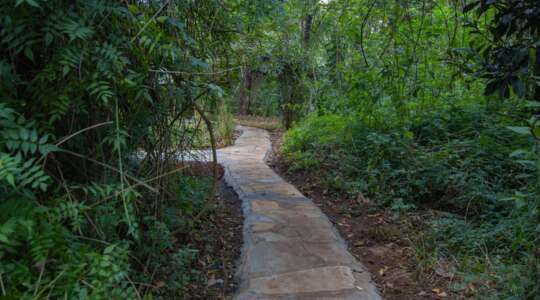
- Nairobi
- 5 Star
Escape from Nairobi's busy city centre and sleep under canvas with a stay in the forests of Karen.

- Nairobi
- 4 Star
The ideal pre- or post-safari stopover, handy for Nairobi airport which is just 20 minutes away.

- Nairobi
- 4 Star
This premium city hotel offers a laid-back, comfortable start or end to any safari adventure.
You may also like
Setting off from Nairobi, safaris are the best way to see Kenya’s unforgettable and iconic wildlife species
Most of our safaris start in Kenya’s capital city, Nairobi. You can spend a couple of nights here, visiting the city’s main attractions such, before heading out on your safari. Our favourite spots are the Sheldrick Wildlife Trust, an elephant and rhino orphanage on the edge of Nairobi National Park, and the Giraffe Centre which is located in the grounds of the world-famous Giraffe Manor. Join your fellow travellers on one of our small group safari and enjoy travelling through the country with like-minded people. Alternatively, take off from the city’s Wilson Airport on a fly-in safari and land on a remote landing strip in your chosen destination. 4x4 safaris are a good-value way of exploring the country; you’ll set off from your Nairobi accommodation and hit the road and get to see the world go by as you travel.
Our recommended Nairobi safaris
Sheldrick Elephant Orphanage, Karen Blixen Museum and Giraffe Centre
On this tour you’ll meet orphaned elephants at the Sheldrick Wildlife Trust, visit the Karen Blixen Museum to learn about the Out of Africa author’s extraordinary life in Kenya and get up close to endangered Rothschild's giraffes.
First, you’ll transfer to the Giraffe Centre in the Lang’ata suburb of Nairobi, where the mission is to breed the animals in a safe environment. Created by the African Fund for Endangered Wildlife, the non-profit centre was founded in 1979 when there were just 130 of these beautiful animals left in the wild. The Rothschild's is a subspecies of the giraffe that lives in East Africa’s grasslands. It’s amazing to see the giraffes up close. Afterwards, you can go to the information centre to listen to an educational talk about giraffe conservation and the centre’s work. The staff are highly trained experts, so they can answer any questions you have about the animals.
Next, drive for 20 mins to Nairobi National Park, arriving at the Sheldrick Elephant Orphanage to watch the elephants be fed. The elephants know when it’s time to have their milk and come running down into the feeding area. As the keepers feed them, a guide from the trust will introduce you to the individual elephants and tell you their rescue stories. You’ll get to ask questions while the animals play. The trust was set up over 40 years ago by Daphne Sheldrick in memory of her husband David, who was a famous warden and naturalist in Tsavo East National Park. It has developed into the most successful rescue and rehabilitation programme for elephants in the world, with many of the babies released back into the wild in Tsavo after about three years of rehabilitation. Visiting will give you a chance to get up close to the elephants, learn about the wildlife trust’s work and contribute to the conservation of these incredible animals.
From here you’ll transfer for 30-minutes to the Karen Blixen Museum. It is set in the Karen area of Nairobi, which is named after Blixen, on the coffee farm where she once lived. A lot of guests want to visit the museum because they’ve read Out of Africa or seen the movie. Karen put Nairobi and Kenya on the map and was passionate about helping the local community. The museum is a piece of Kenyan history and an amazing tale of how one person survived so many bad things and still had the heart to be kind to those around her. Following the visit, transfer back to your accommodation by private vehicle.
Go Granny Go!
Visit some of the entrepreneurial grandmas who make a living from pig farming in the rural outskirts of Nairobi. In Kenya, grandmothers often carry the burden of looking after their grandchildren and extended families. With no social security and faced with extreme poverty, this is incredibly tough, and many children will abandon the home in search of food. Go Granny Go! was set up to give grandmas a way to earn a sustainable income through farming – this is pivotal in keeping families together.
At around 9.30am, transfer by private vehicle to a Kikuyu village on the outskirts of Nairobi. The visit is led by a guide from the local community who’s also been through one of the programmes. You’ll receive a warm welcome from one of the grandmas, who’ll show you around their homes and small-scale pig farms. Then enjoy a cup of tea and help cook a traditional Kenyan lunch while the women share their inspiring stories with you. There’s often lots of singing and laughter, it’s all about the women's journeys and getting an insight into Kenyan culture. The experience stands out from typical tours because it’s so raw and real, it’s everyday life and you get to visit the grassroots communities that most travellers never see.
When you take the Go Granny Go! tour, you directly contribute to funding the project, so you can give back to the local community while you travel. Following the tour, return to your hotel arriving at around 4.00pm.
Sheldrick Wildlife Trust
On this tour you’ll have the chance to meet orphaned elephants at the Sheldrick Wildlife Trust. The trust was set up over 40 years ago by Daphne Sheldrick in memory of her husband David, who was a famous warden and naturalist in Tsavo East National Park. It has developed into the most successful rescue and rehabilitation programme for elephants in the world, with many of the babies released back into the wild in Tsavo after about three years of rehabilitation.
At around 10.00am you’ll transfer by private vehicle to Nairobi National Park, arriving at the centre for the 11.00am feeding. The elephants know when it’s time to have their milk and come running down into the feeding area. As the keepers feed them, a guide from the trust will introduce you to the individual elephants and tell you their rescue stories. You’ll get to ask questions while the animals play.
Visiting will give you a chance to get up close to the elephants, learn about the wildlife trust’s work and contribute to the conservation of these incredible animals. As well as helping orphaned elephants and rhinos, the trust works on anti-poaching initiatives, habitat protection and runs mobile vet clinics. Following the visit, return to your hotel.
Karen Blixen Museum
Visit the Karen Blixen Museum to learn about the Out of Africa author’s extraordinary life in Kenya. The museum is set in the Karen area of Nairobi, which is named after Blixen, on the coffee farm where she once lived. A lot of guests want to visit the museum because they’ve read Out of Africa or seen the movie. They find her story very intriguing – she really put Nairobi and Kenya on the map and was passionate about helping the local community.
You can visit throughout the day between 9.00am and 4.00pm and hotel transfers will be arranged for you. Most guests spend around an hour at the museum. You’ll also get to walk around the property and beautiful grounds, which have a view of the Ngong Hills. It’s fascinating to see some of the old coffee plantation equipment, Karen’s paintings and the study where she used to write.
The museum is a piece of Kenyan history and an amazing tale of how one person survived so many bad things and still had the heart to be kind to those around her. After the visit, you’ll transfer back to your accommodation in Nairobi.
Giraffe Centre, Nairobi
Visit the Giraffe Centre in Nairobi to get up close to endangered Rothschild's giraffes. The centre’s mission is to breed the animals in a safe environment, releasing many into the wild at around three years old, when they can survive on their own. You’ll spend up to an hour at the 60-acre sanctuary in the Lang’ata suburb of Nairobi.
Created by the African Fund for Endangered Wildlife, the non-profit centre was founded in 1979 when there were just 130 of these beautiful animals left in the wild. The Rothschild's is a subspecies of the giraffe that lives in East Africa’s grasslands. The centre’s breeding programme started with just two young calves and now they’ve released over 40 giraffes into national parks and conservancies across Kenya. It’s amazing to see the giraffes up close. Afterwards, you can go to the information centre to listen to an educational talk about giraffe conservation and the centre’s work.
Although you’re likely to see giraffes on safari, you can only get this close and personal with them at the Giraffe Centre – it’s quite an experience. It’s great to know that your visit is helping to protect this endangered species. The centre is open throughout the day, so we can arrange your visit at a time to suit you, with private transfers to and from your accommodation.
From bush to cup: the Kiambu coffee tour
Kenya is world famous for its coffee and on this tour of the Fairview Estate. You’ll learn how it’s produced, from bush to cup and enjoy a tasting session where a barista will talk you through around five different grades of coffee and explain which factors affect the flavours.
You will transfer by private vehicle from your hotel to the Fairview Estate, which lies around half an hour from central Nairobi.
Fairview has been producing some of the country’s best coffee since 1909 thanks to its location in Kiambu, the heart of the fertile central highlands, which is fed by the Riara River. The tour begins in the 100-acre plantation, set along the river among beautiful gardens with a waterfall nearby. During peak season, up to 400 workers will be busy pruning, harvesting and sorting the coffee beans.
An expert guide from the estate will explain the entire coffee-making process and answer any questions you might have. The tour culminates with a coffee tasting session. Afterwards there’s a chance to buy your favourite coffee directly from the Fairview shop. Following the tour, return to your hotel by private transfer.

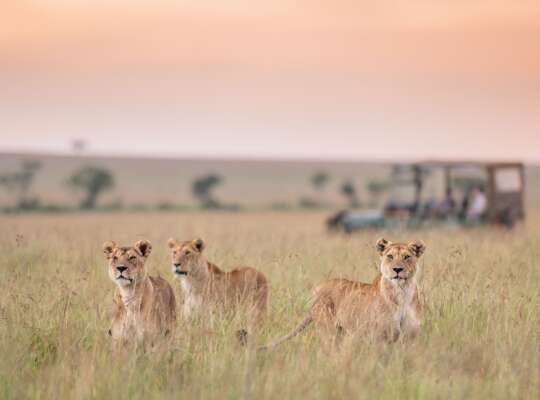

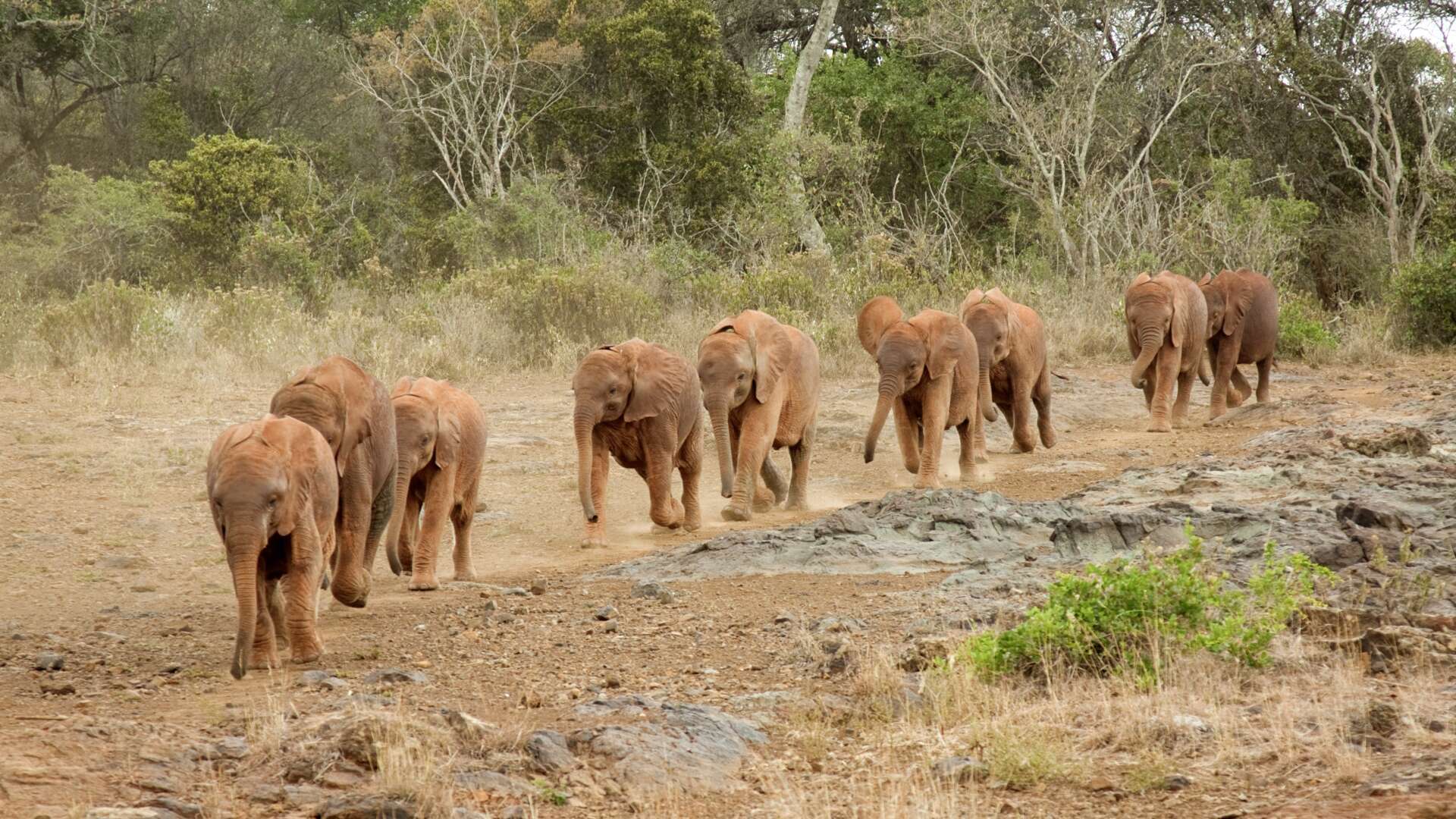
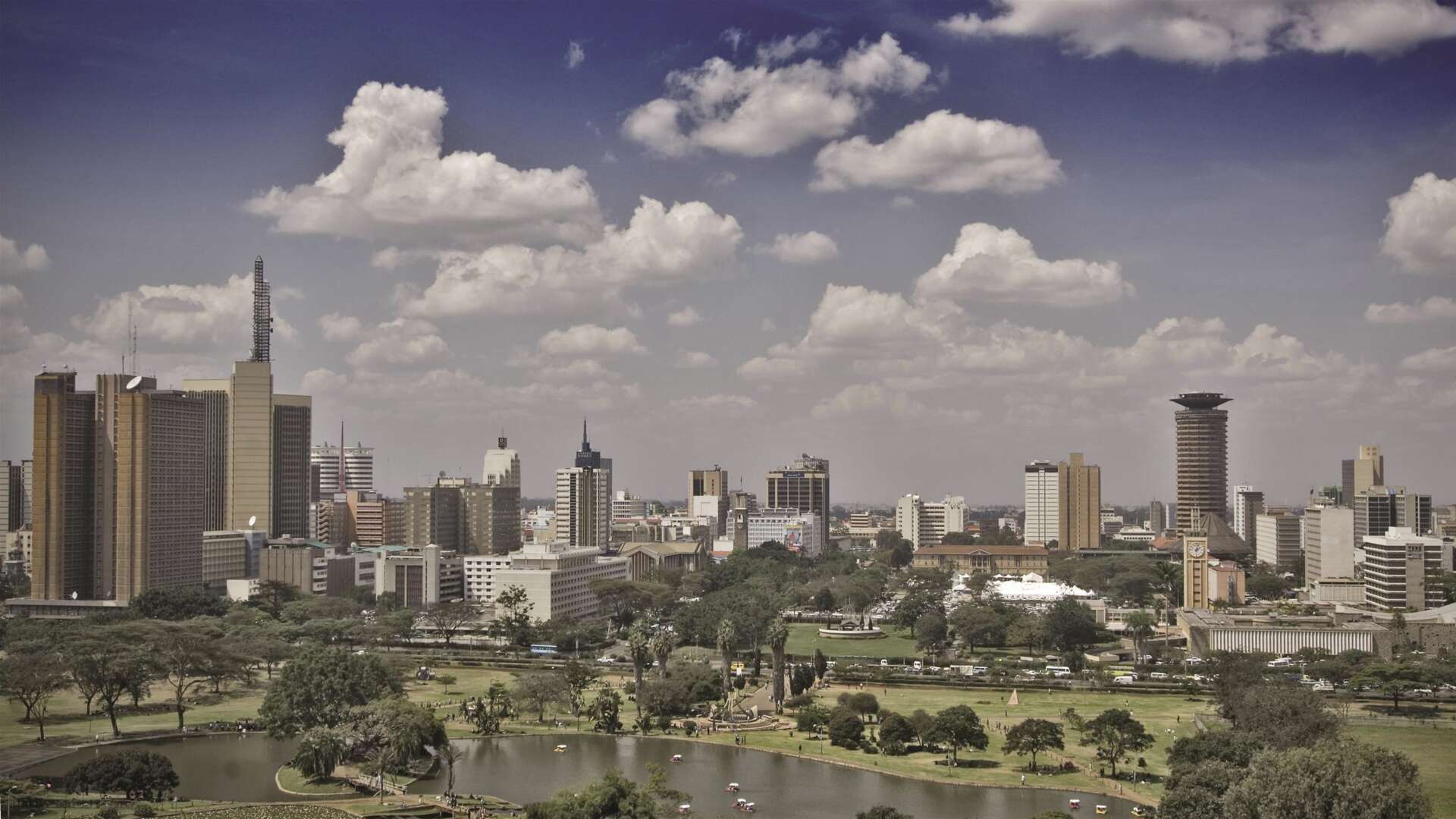
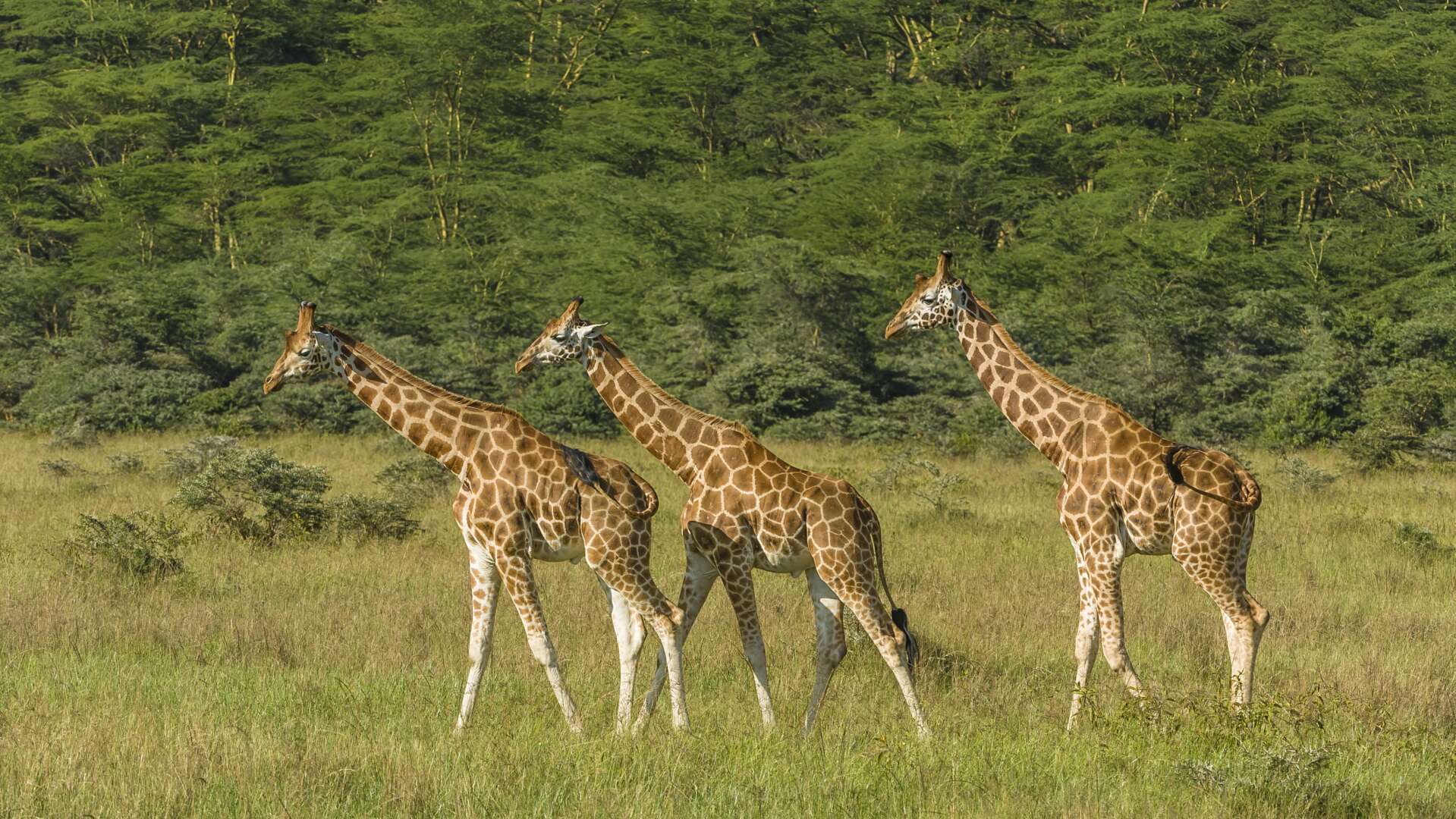
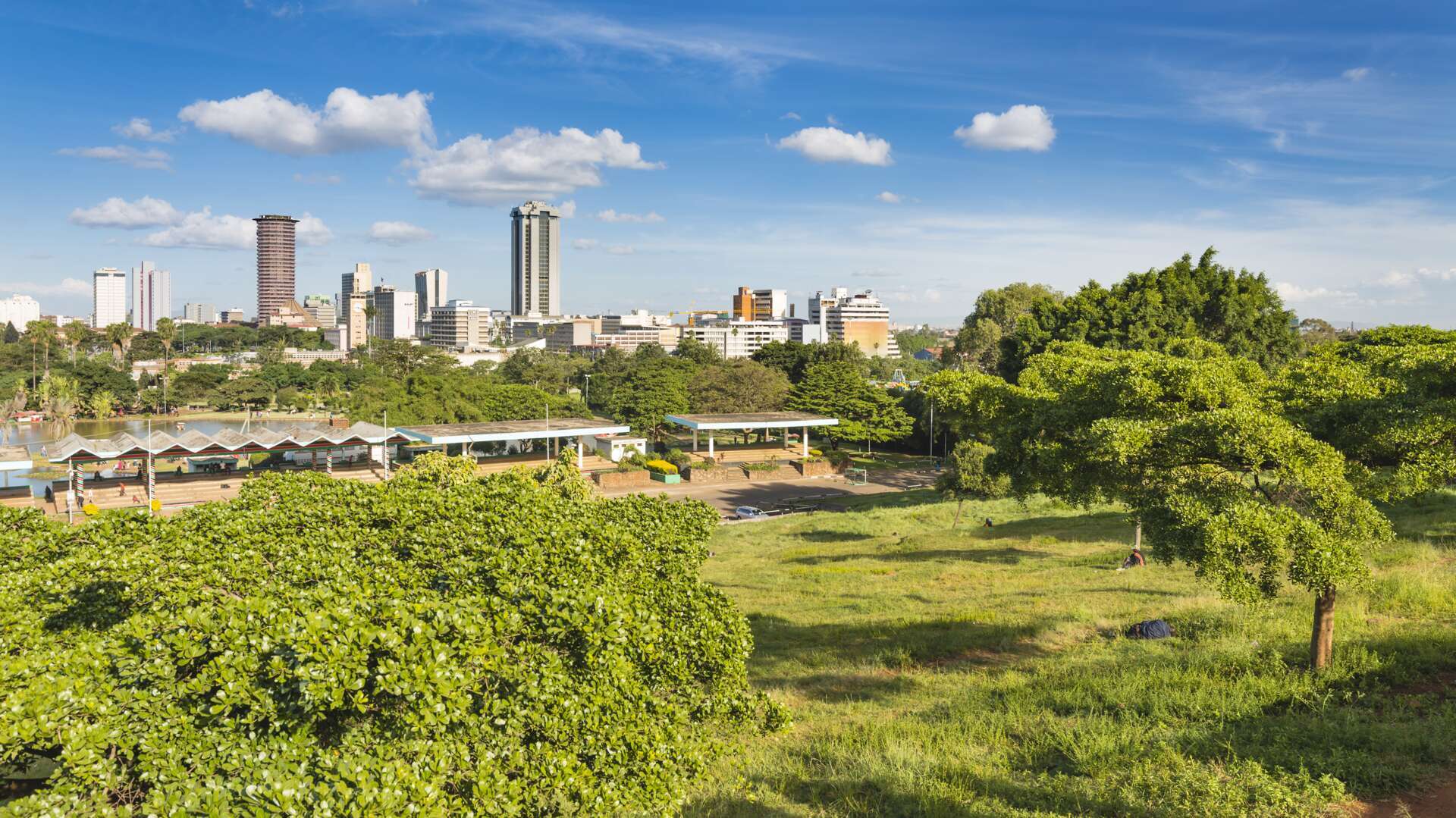
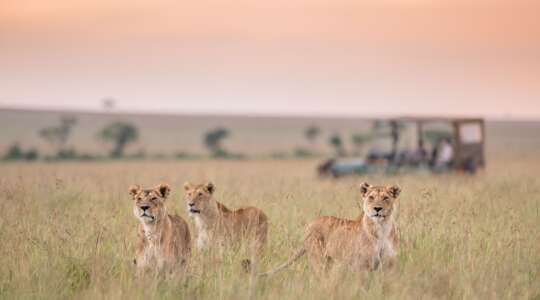
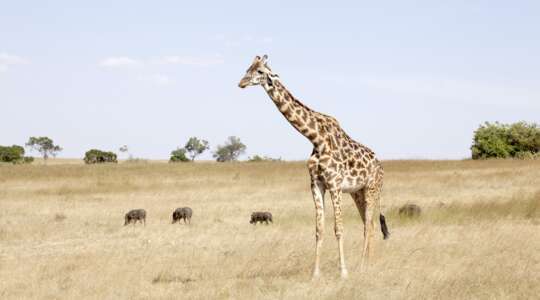
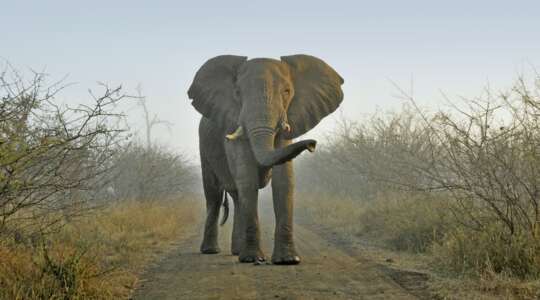
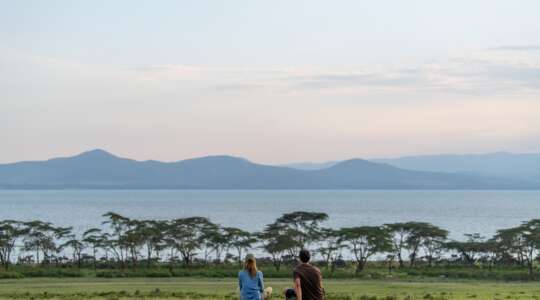
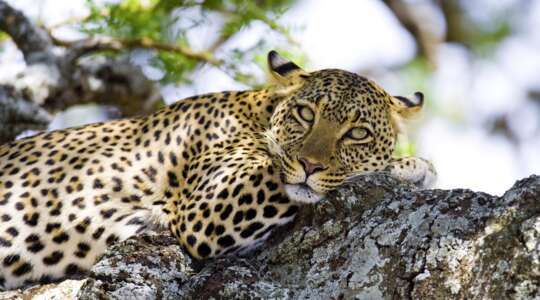
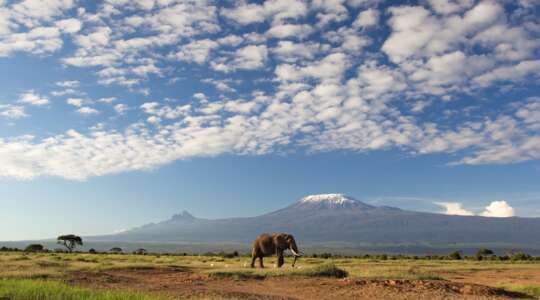
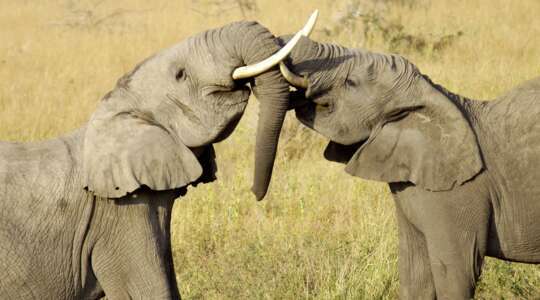
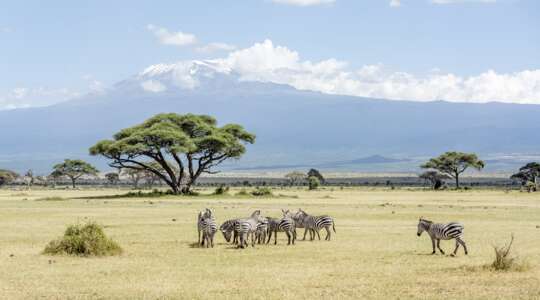
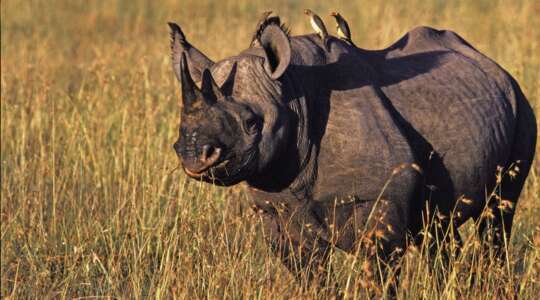
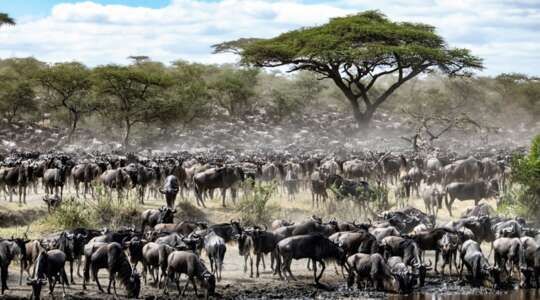
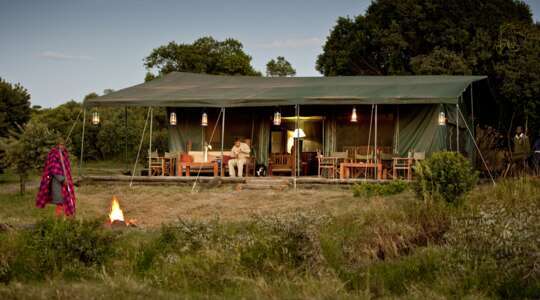

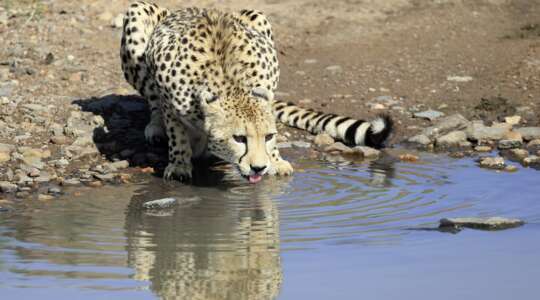
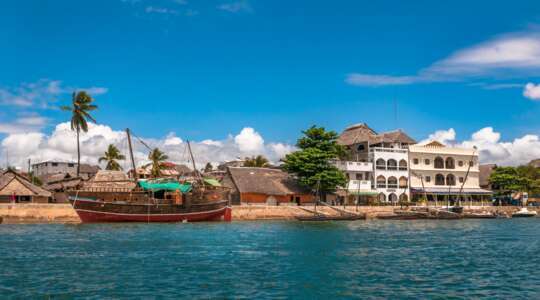

_w=24_h=25.webp?v=6e430e193e007bf5b9186456b3279bfdb4220459)
_w=24_h=25.webp?v=6e430e193e007bf5b9186456b3279bfdb4220459)
_w=24_h=25.webp?v=6e430e193e007bf5b9186456b3279bfdb4220459)